2022
Pakistan Emergency Response
Type of campaign
Pakistan Emergency Response
Regions covered
Charsadda / Peshawar / Mardan / Dhirkot (AJK)
Projects undertaken
Emergency Medical Camp
Mother & Child Health Intervention
Family Case Studies
Water Well Projects
Tent Distribution & Installation
Hygiene Kits / Mosquito Nets
Food Pack Delivery
Emergency Operation Patient Check Up
TukTuk Distribution Ceremony
Honey Bee Farming Project Visit
Goat Farming Distribution Ceremony
Campaign objective
After the recent floods in Pakistan, we responded to support some of the victims.
A lot of the effort was focused on emergency relief, such as urgent food distribution, mosquito nets, hygiene kits, and tents. We distributed large water proof tents which were need as most people were sleeping in the open air in safe areas where the rain had stopped and the floods had reduced.
Beneficiaries
Vulnerable Families / Affected Families / Impoverished Families in Rural Areas
Duration
Ongoing
Funding
Community based
Why we've funded this campaign
In summer 2022, Pakistan was devastated by unprecedented floods. Many people lost their homes and all of their possessions, becoming vulnerable to illnesses spread by mosquitos, as well as the dirt from the sewers mixing with the water. This caused more suffering to the internally displaced population which also faces severe hunger. Pakistan is an impoverished country and this flood, which left one third of the country underwater, wiped out people’s livelihoods, food stores, and personal belongings. This required urgent intervention for those who were left on the sides of the road without any way to survive.
Progress
What is the objective?
To alleviate as much suffering as possible
Online Video
Who does this campaign help?
Those affected by the floods; Mothers and children.
How has the campaign been going?
Many people were in need of urgent medical support, especially new mothers and young children, some of whom were born during the horrific weather conditions. We provided check-ups and basic medication and supported new mothers with equipment to help them take care of their children.
Because many people had their crops and livestock destroyed by the floods, we wanted to introduce sustainable, long-term solutions. One of our flagship projects in Lebanon seemed suitable for Pakistan so, after an in-depth needs assessment, we selected vulnerable beneficiaries and provided them with Tuktuks to earn a living. We launched another project and provided 50 families with goats. These goats will reproduce and also provide milk which the families can sell to generate income. We also launched a bee-keeping project, where we provided families with bee hives and training on how to cultivate honey and sell it. The region where we established this is world-renowned for high quality honey which, even in Pakistan, has a quite high selling price. Many of these projects are long-term and we will be working a lot more in Pakistan, although the emergency aspect will also take a long time to fully resolve, due to the sheer number of people affected.
Did the campaign encounter any obstacles?
Some areas are unreachable due to the impact of the floods. The flood waters will take several months to recede.
How has this campaign changed lives?
Many of those who we helped had no support and were fully reliant on aid to survive. Without our intervention many people would have gone hungry, with no access to medical services.
What’s next for this campaign?
We’re planning to expand our work and continue working in the region, developing more long-term sustainable solutions.











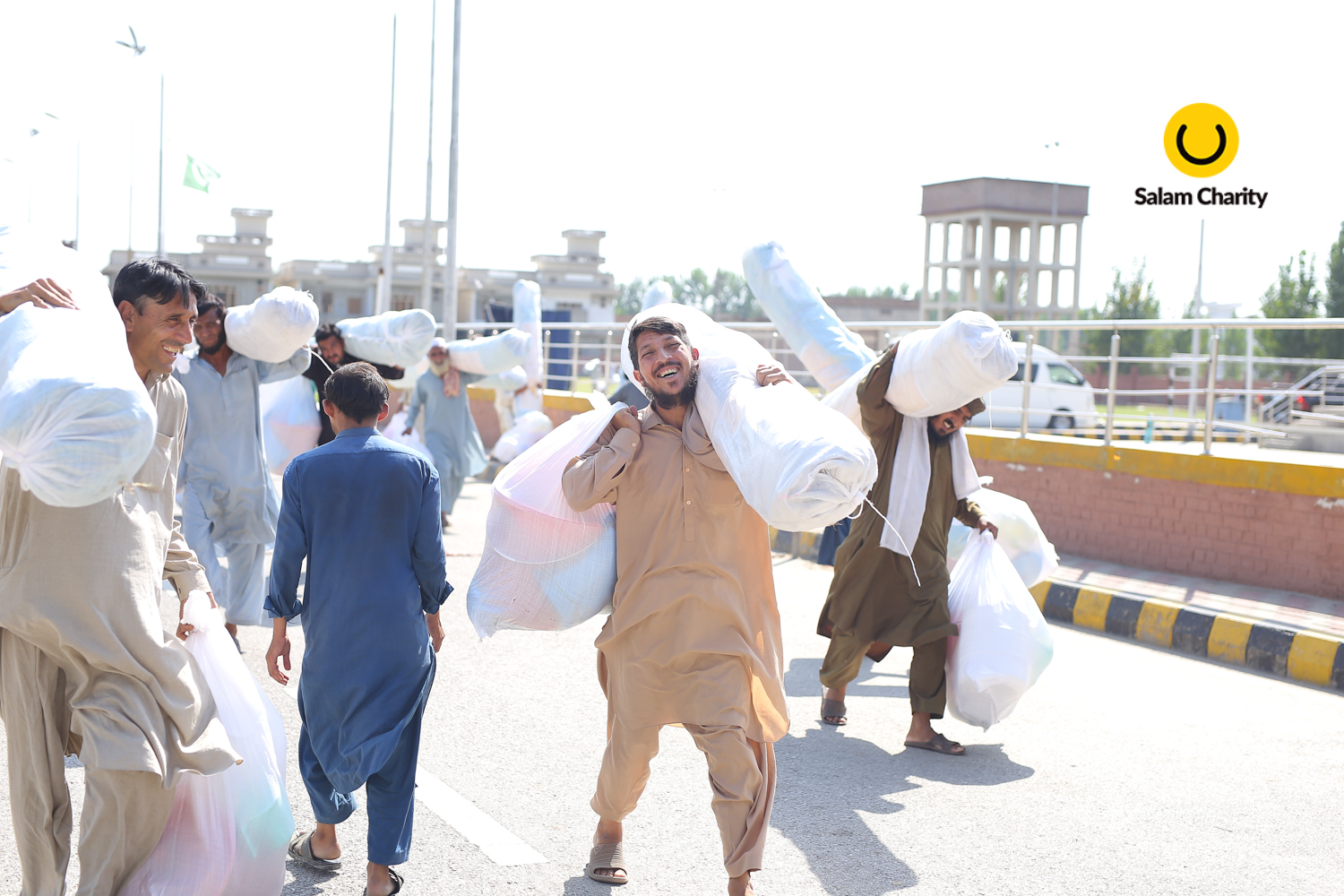





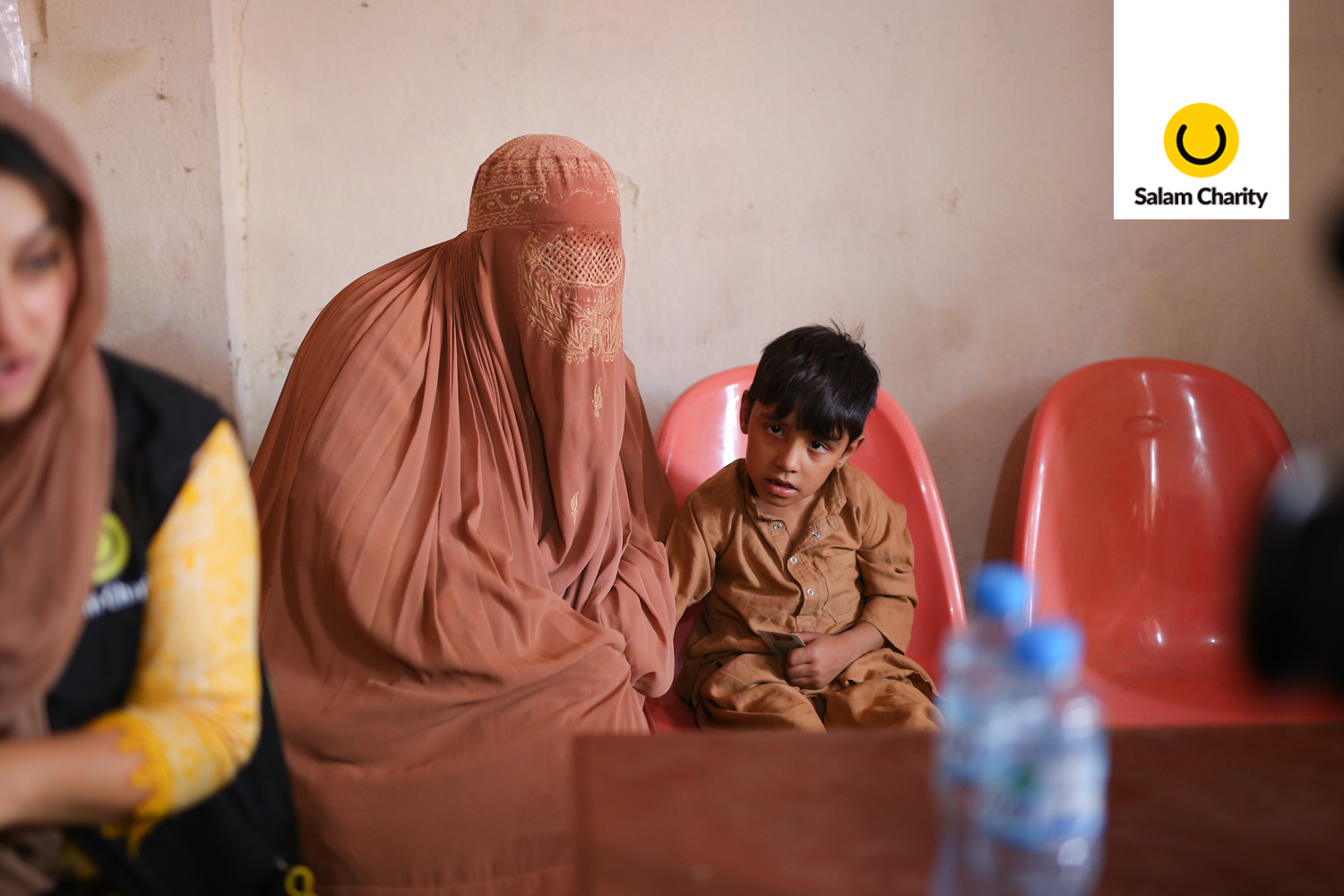
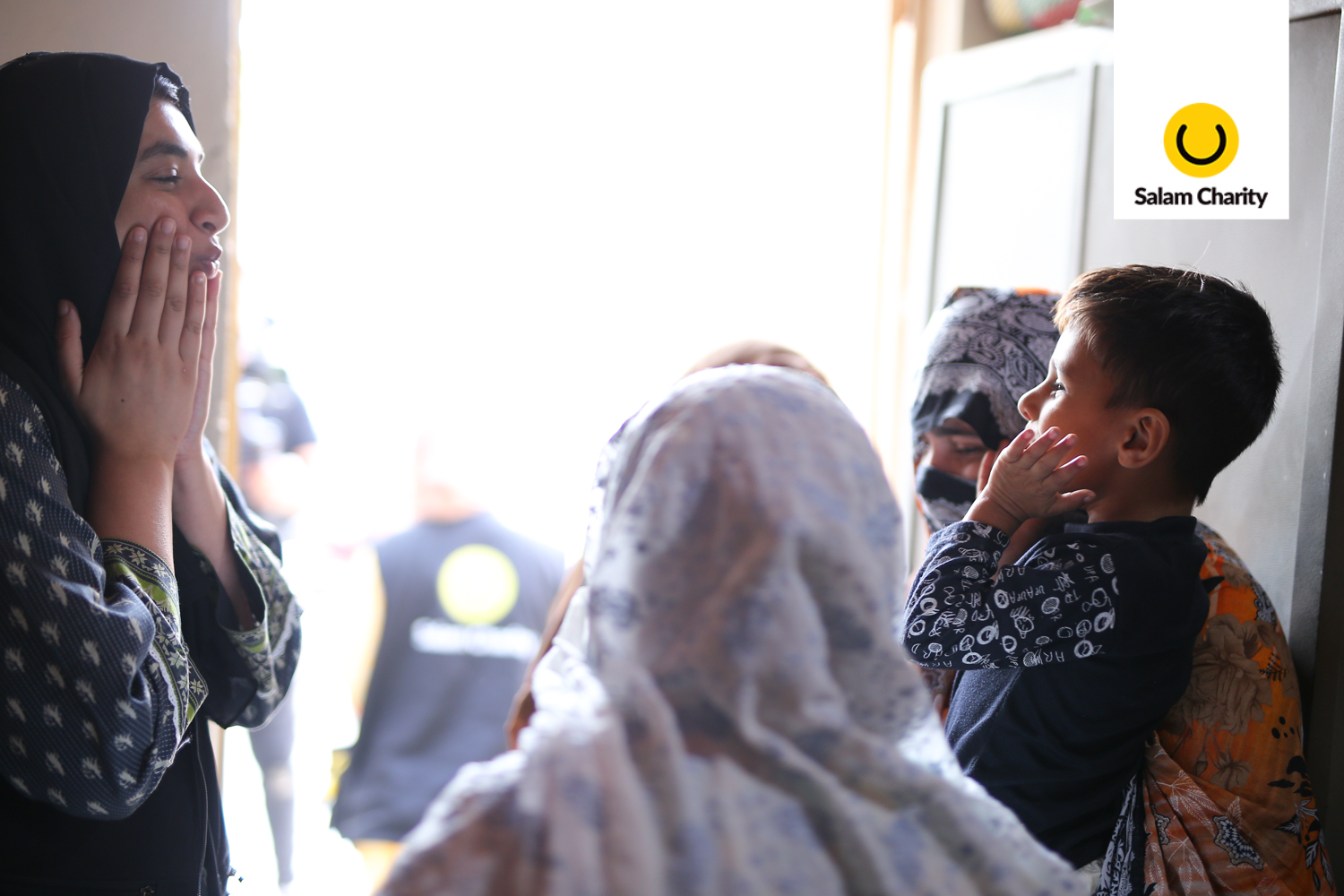
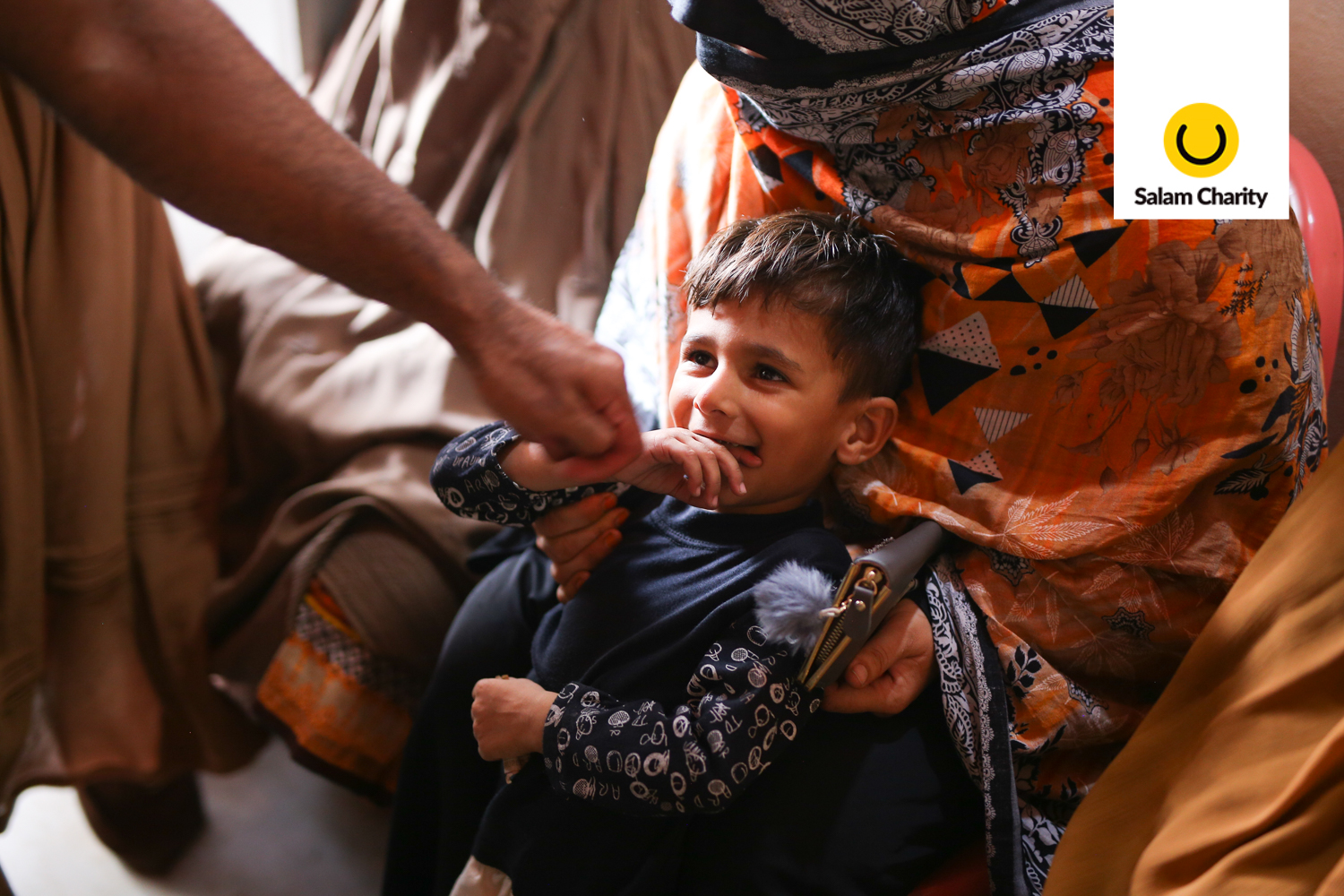
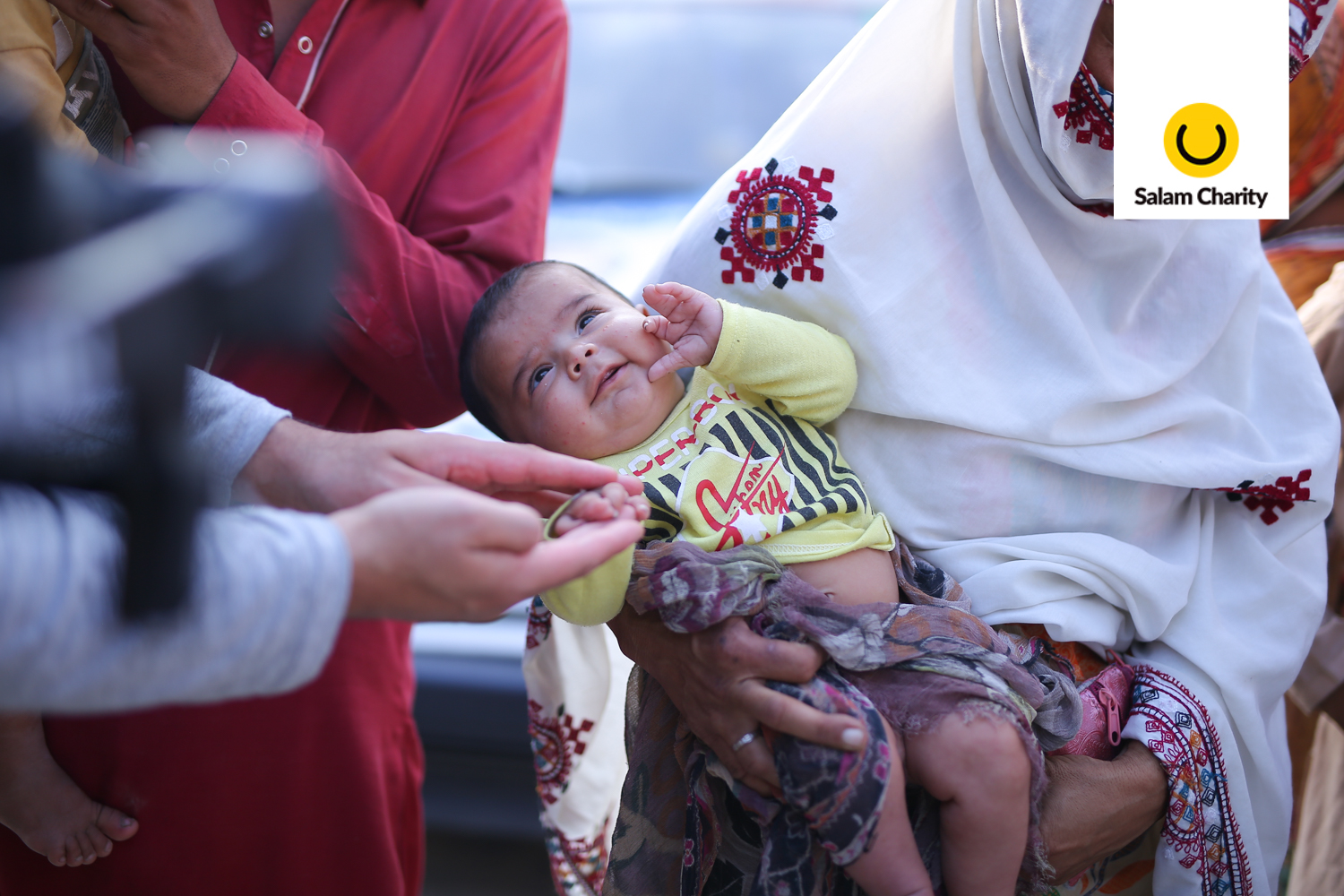
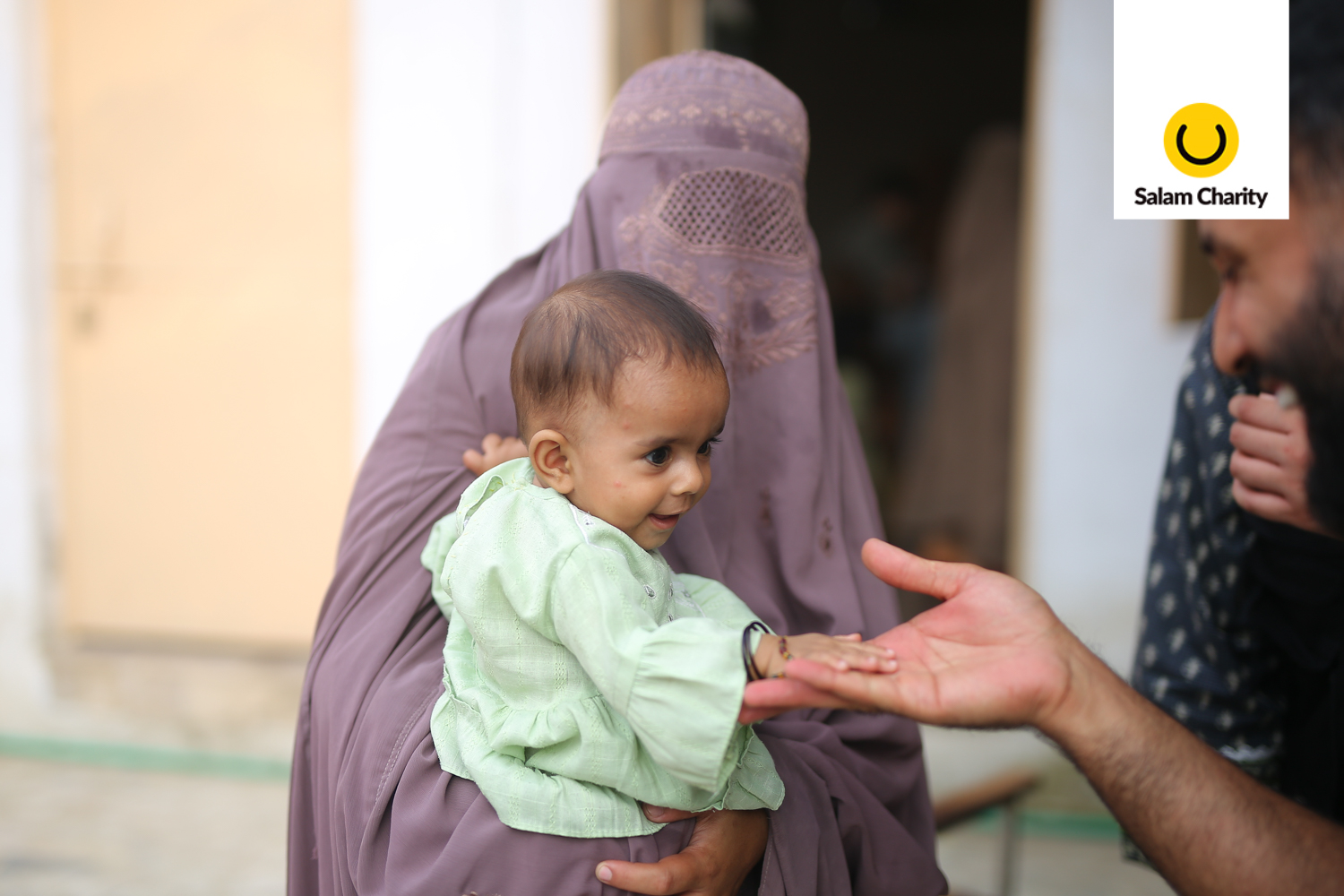




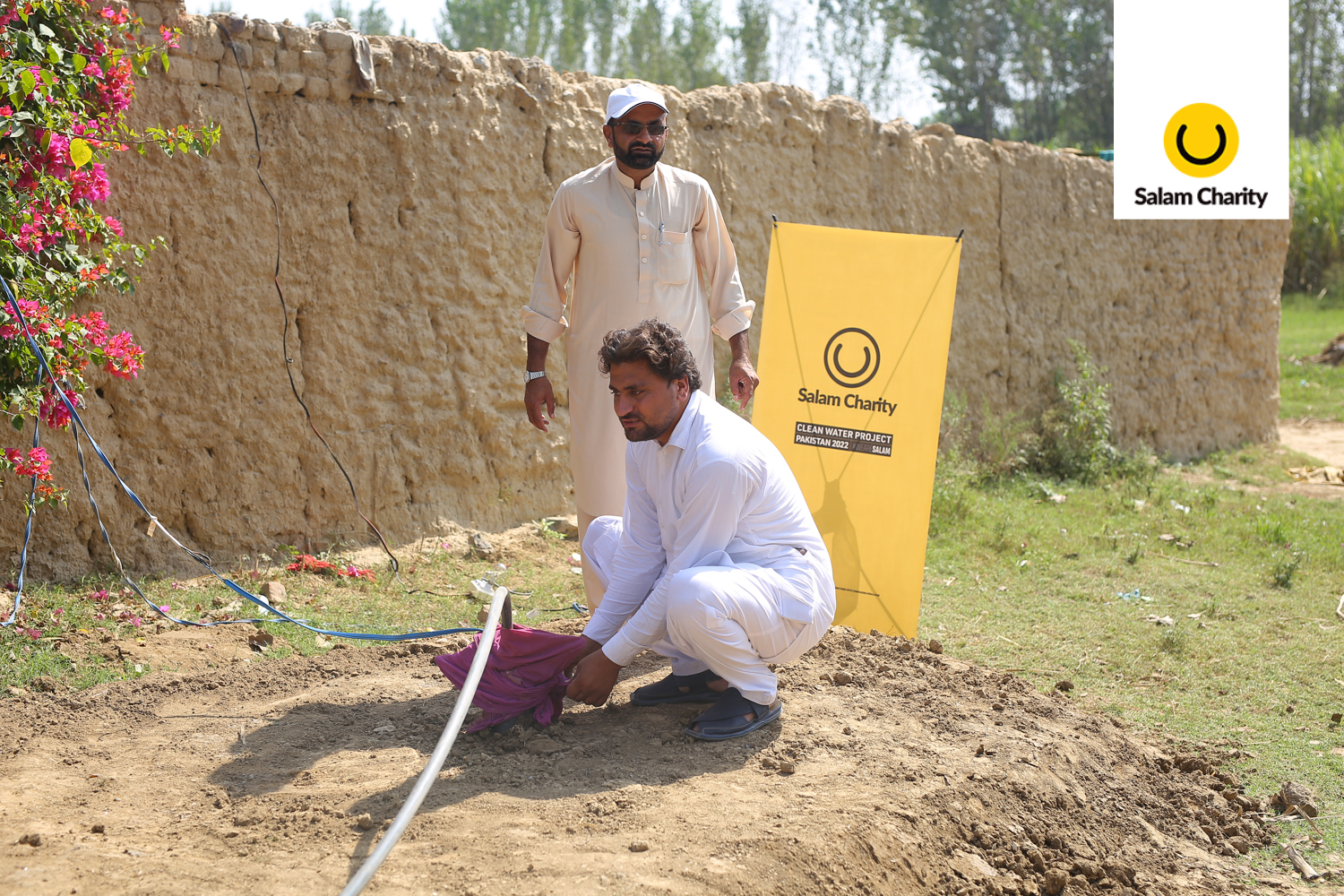






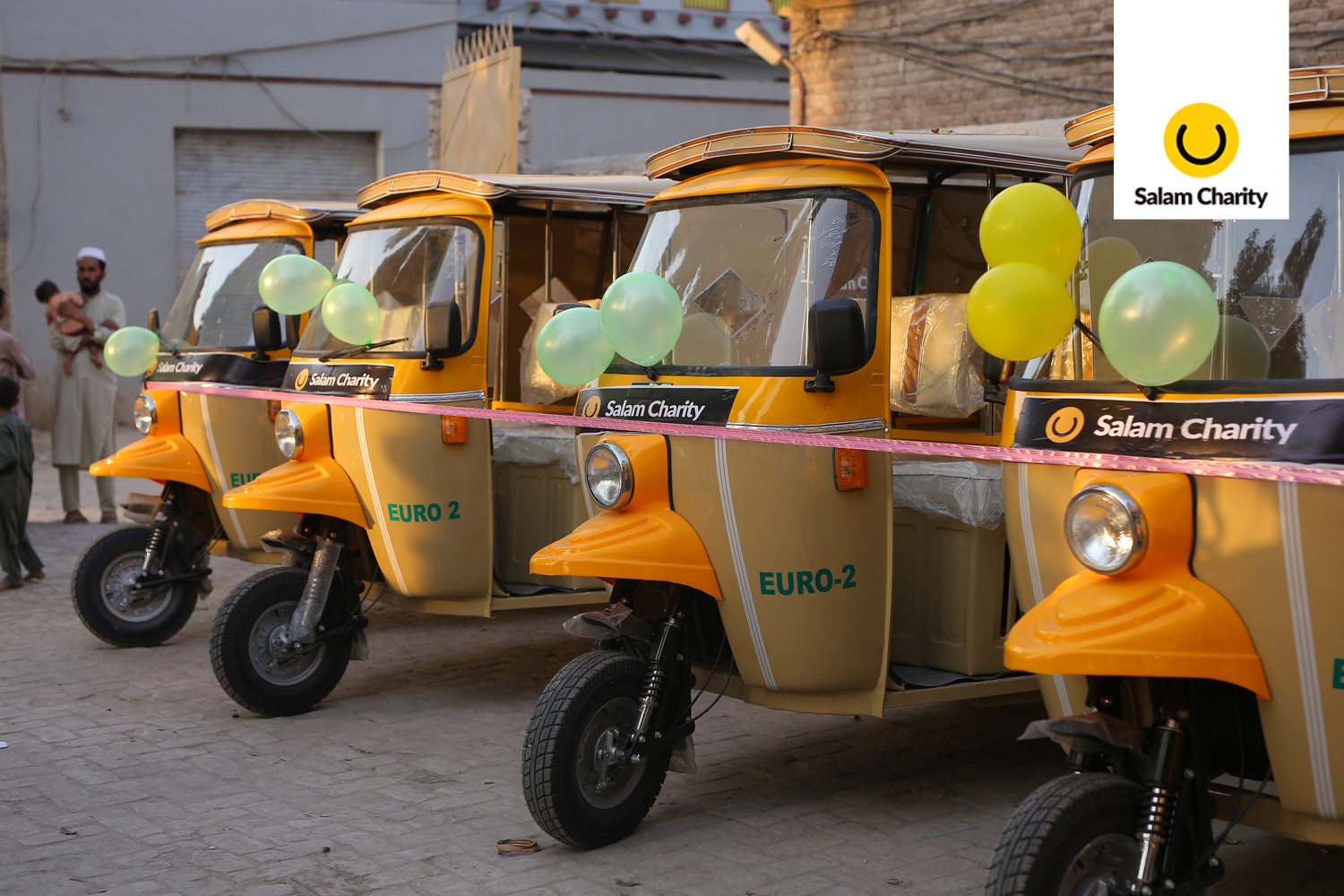
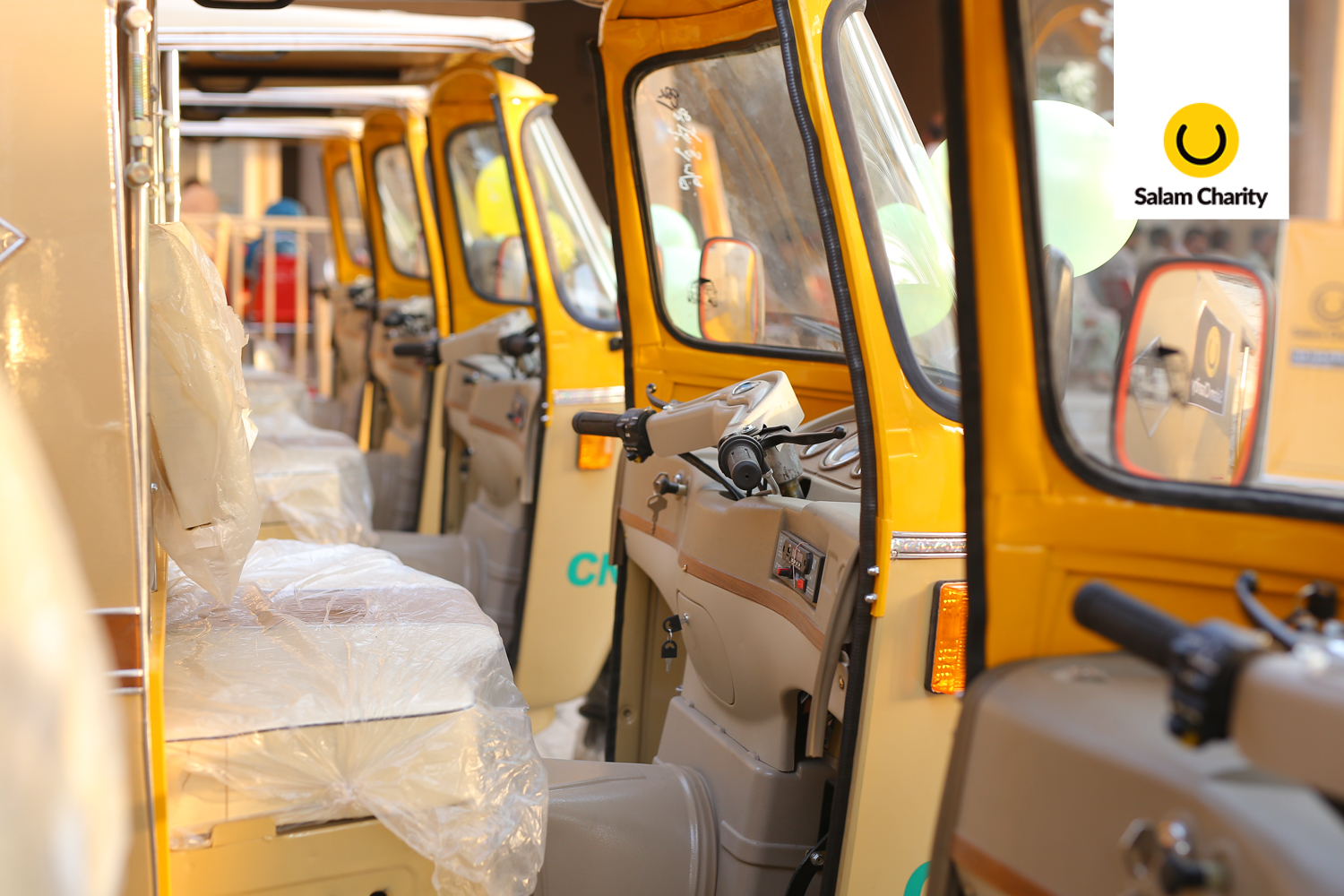

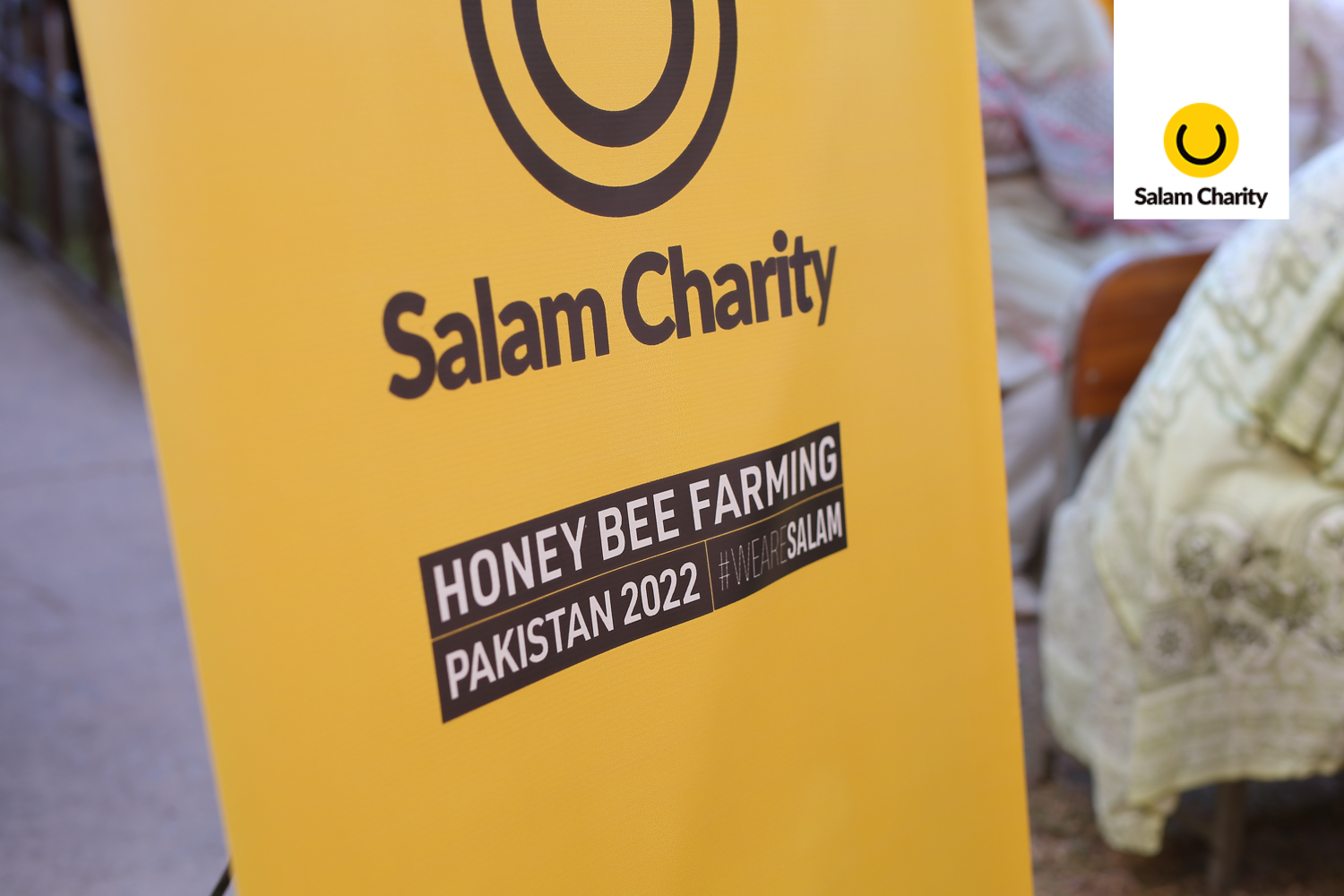
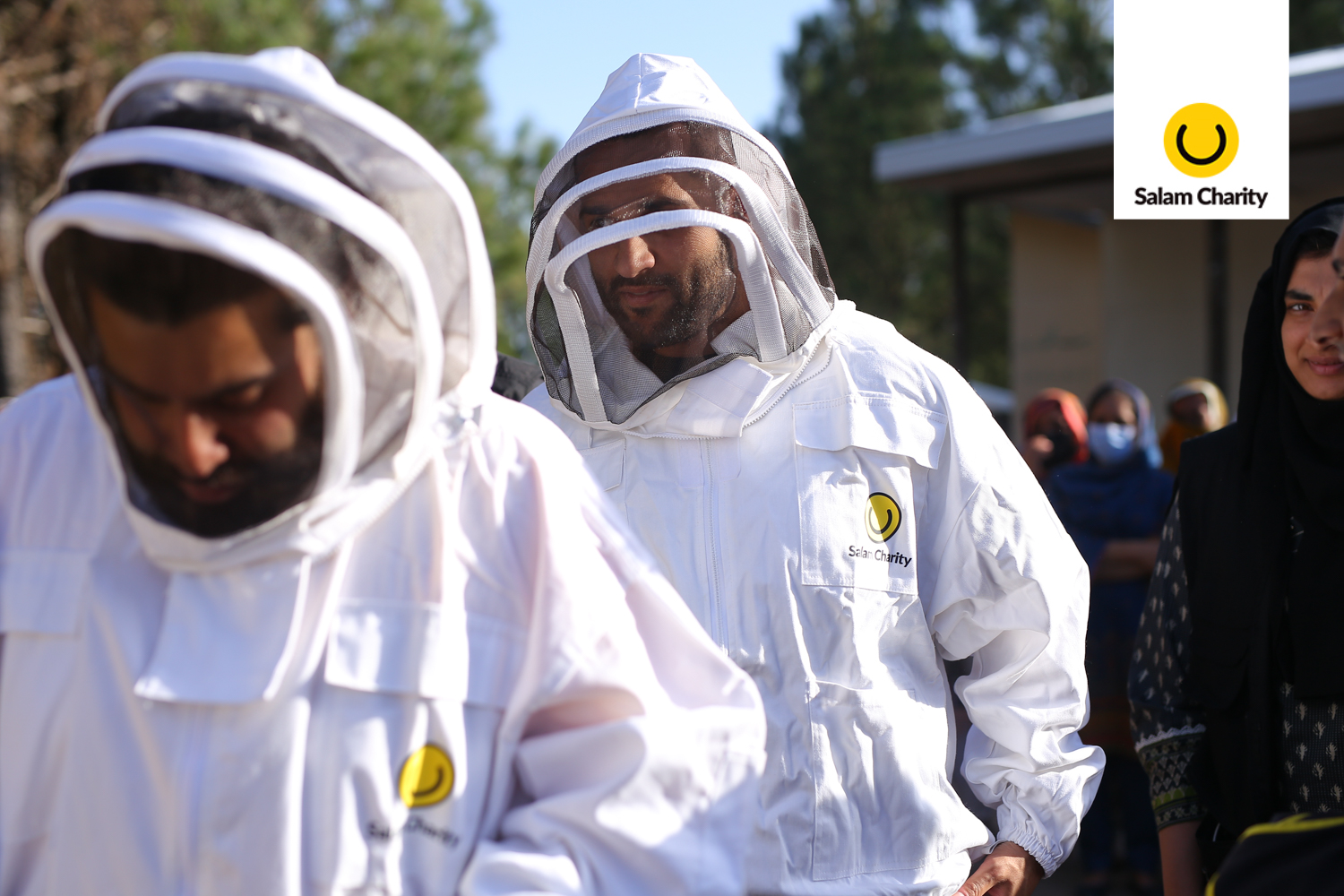
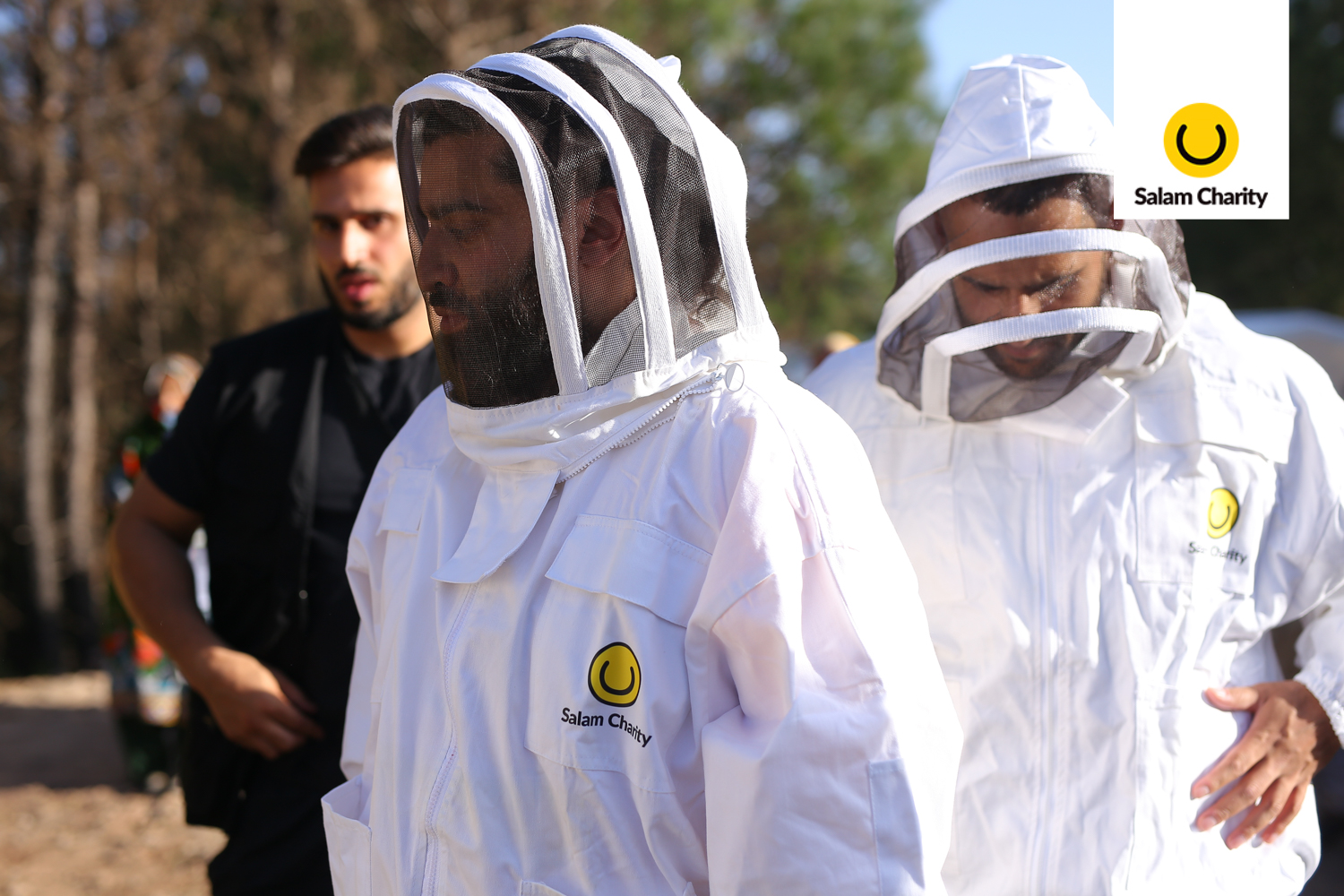

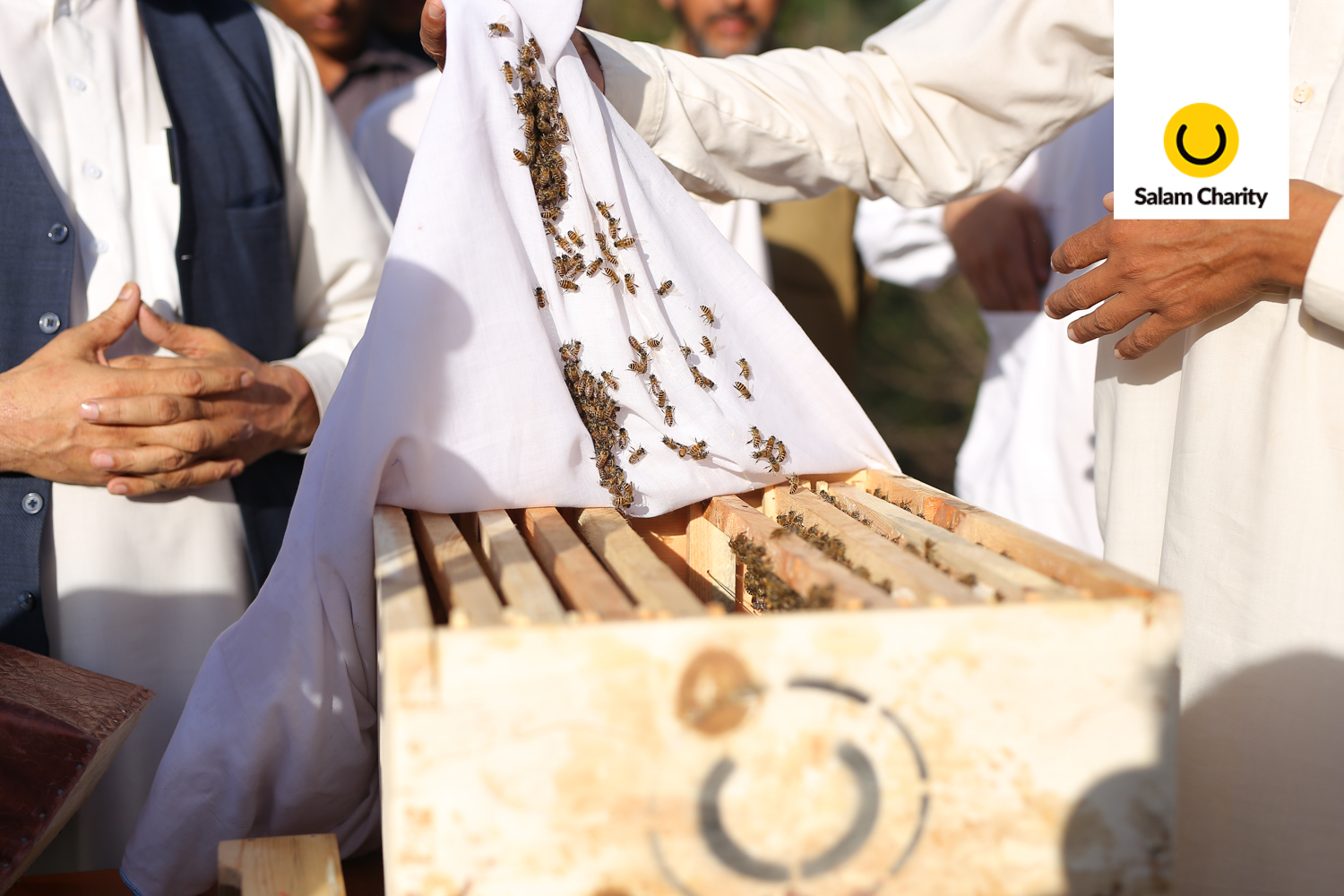
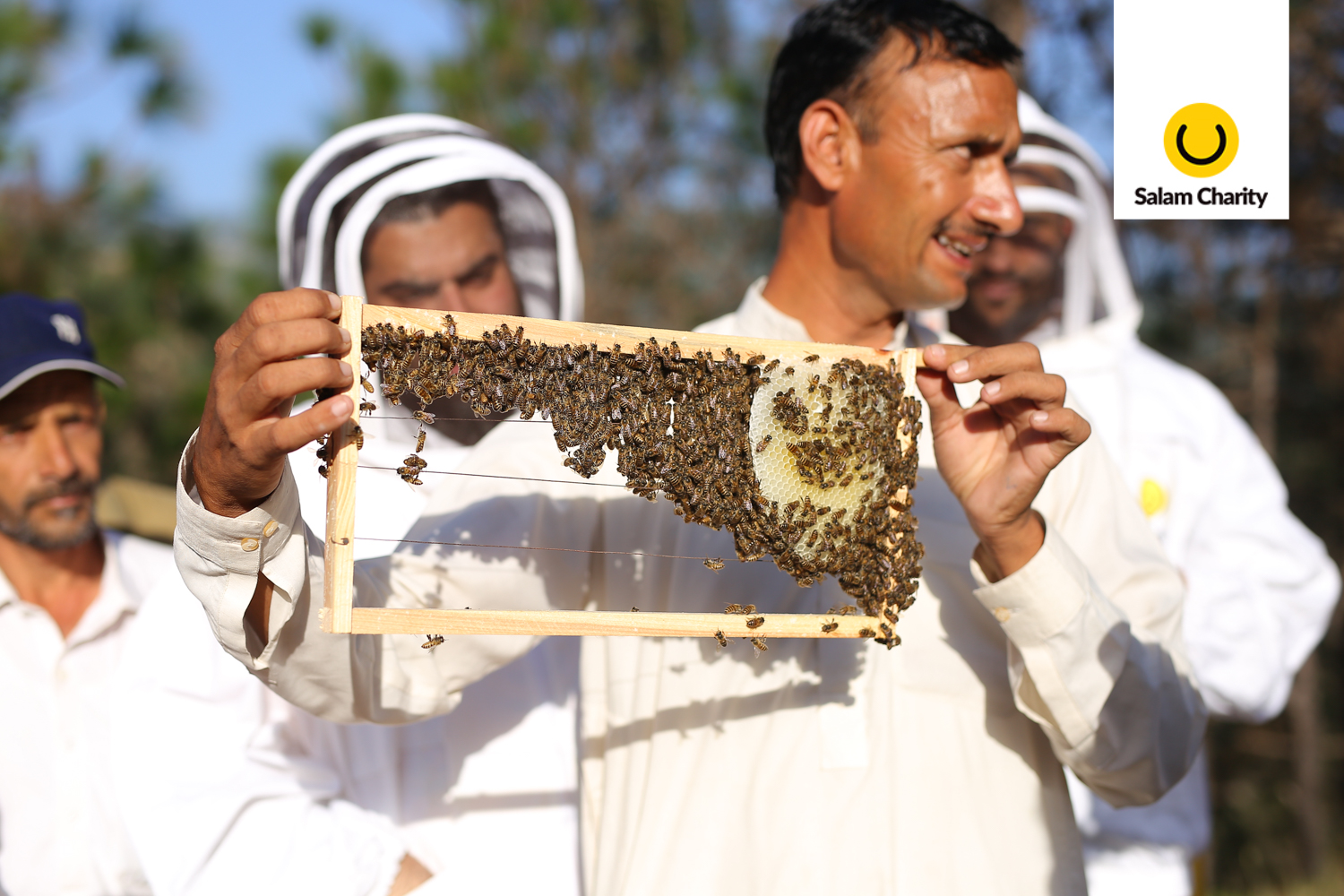

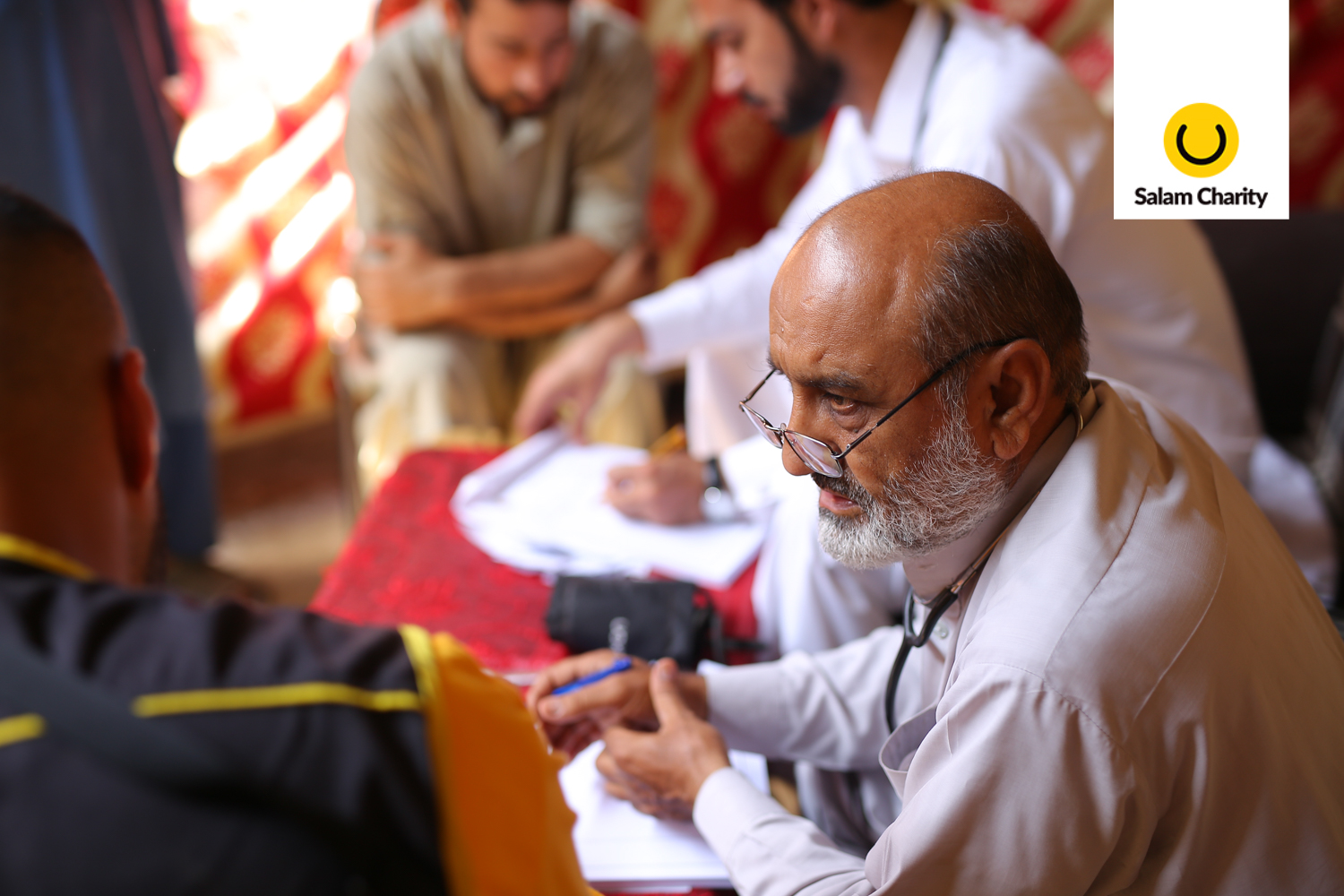
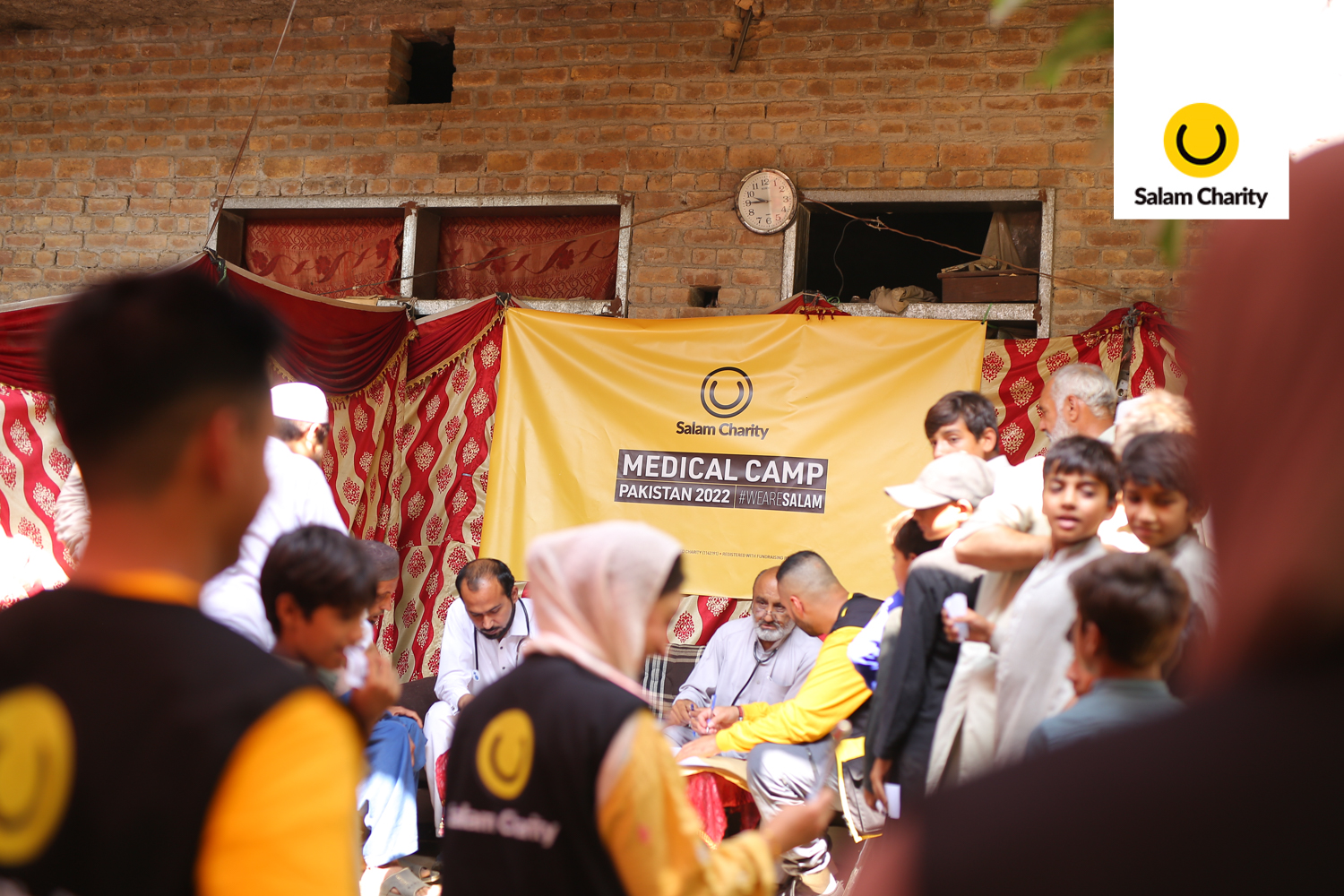
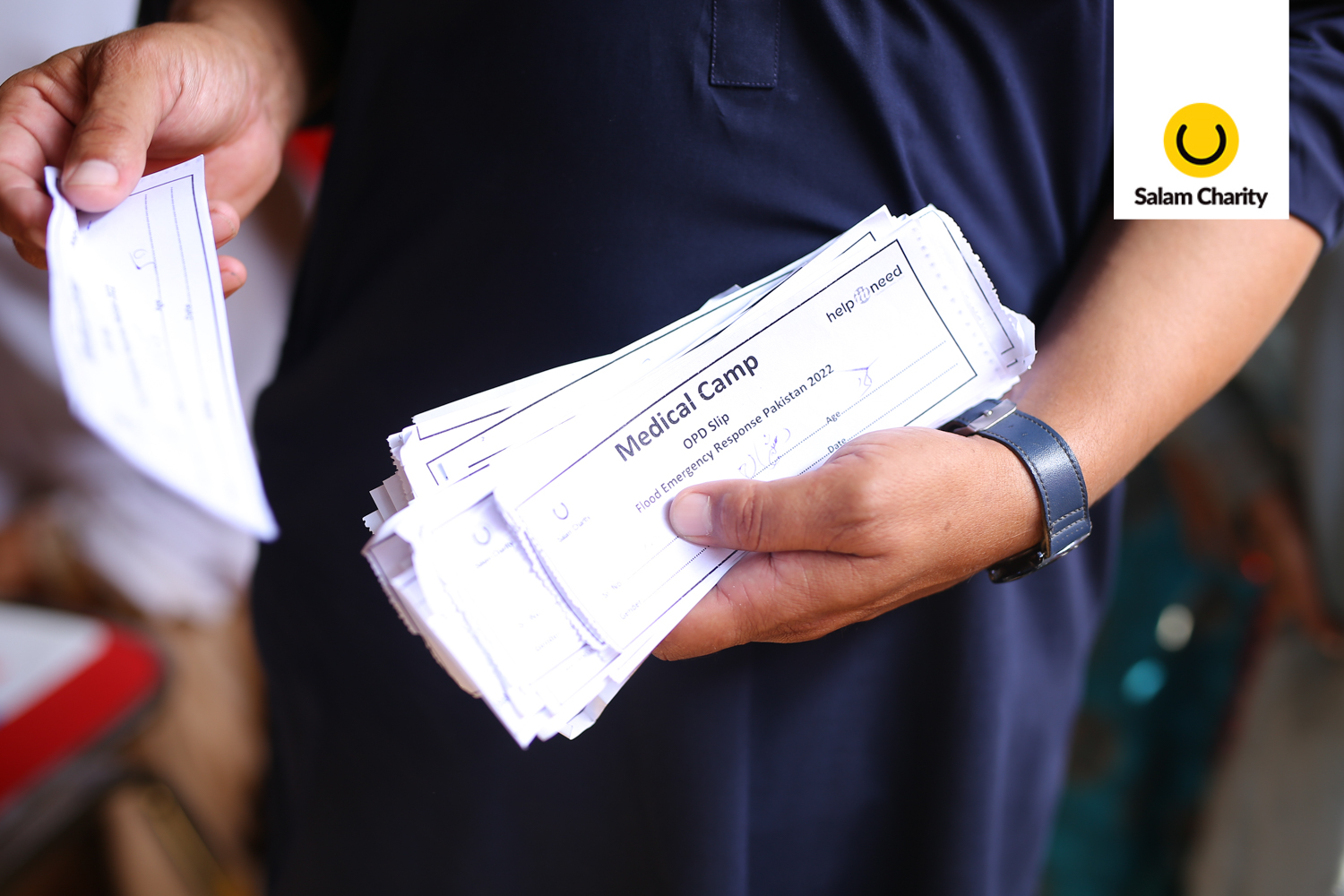

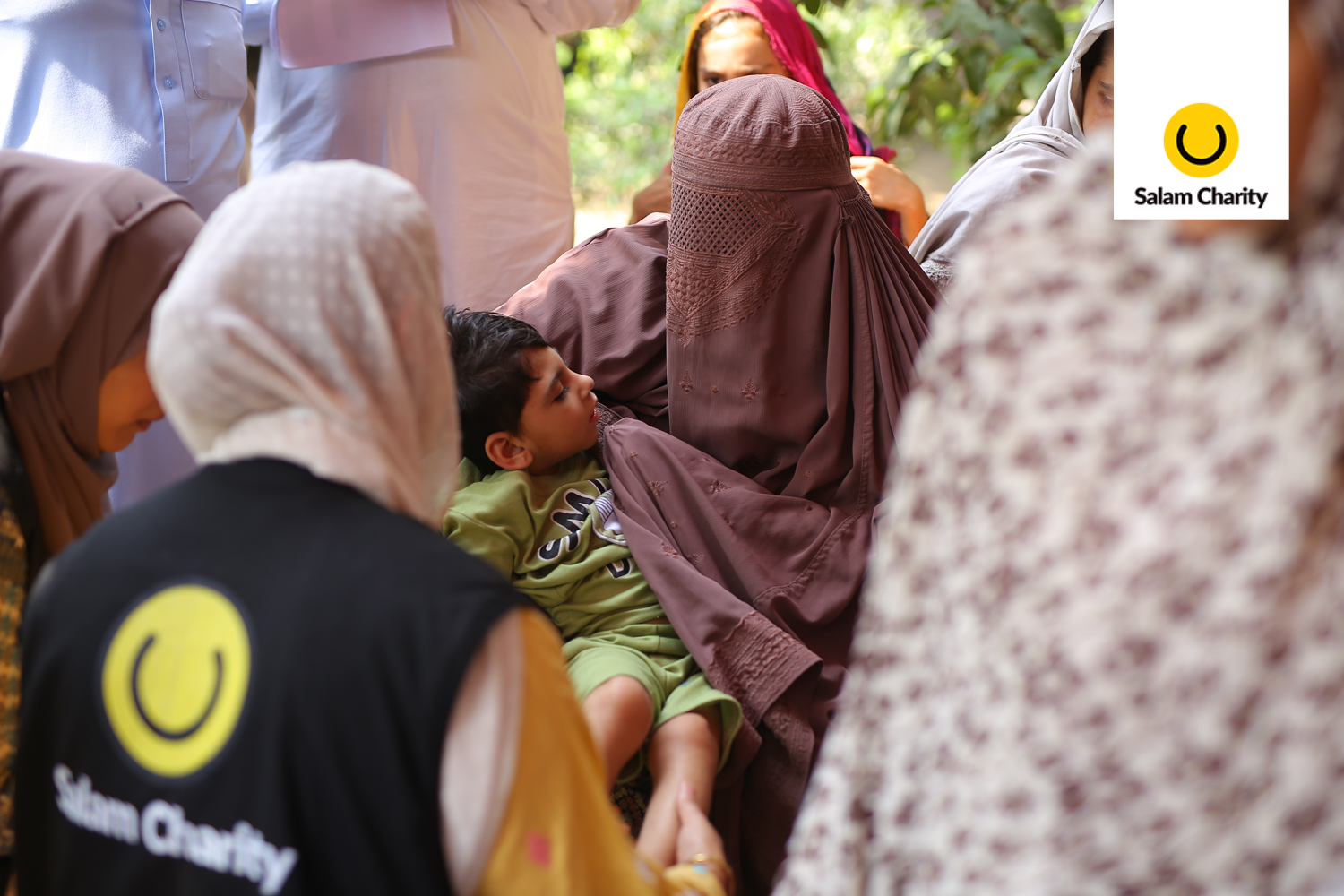
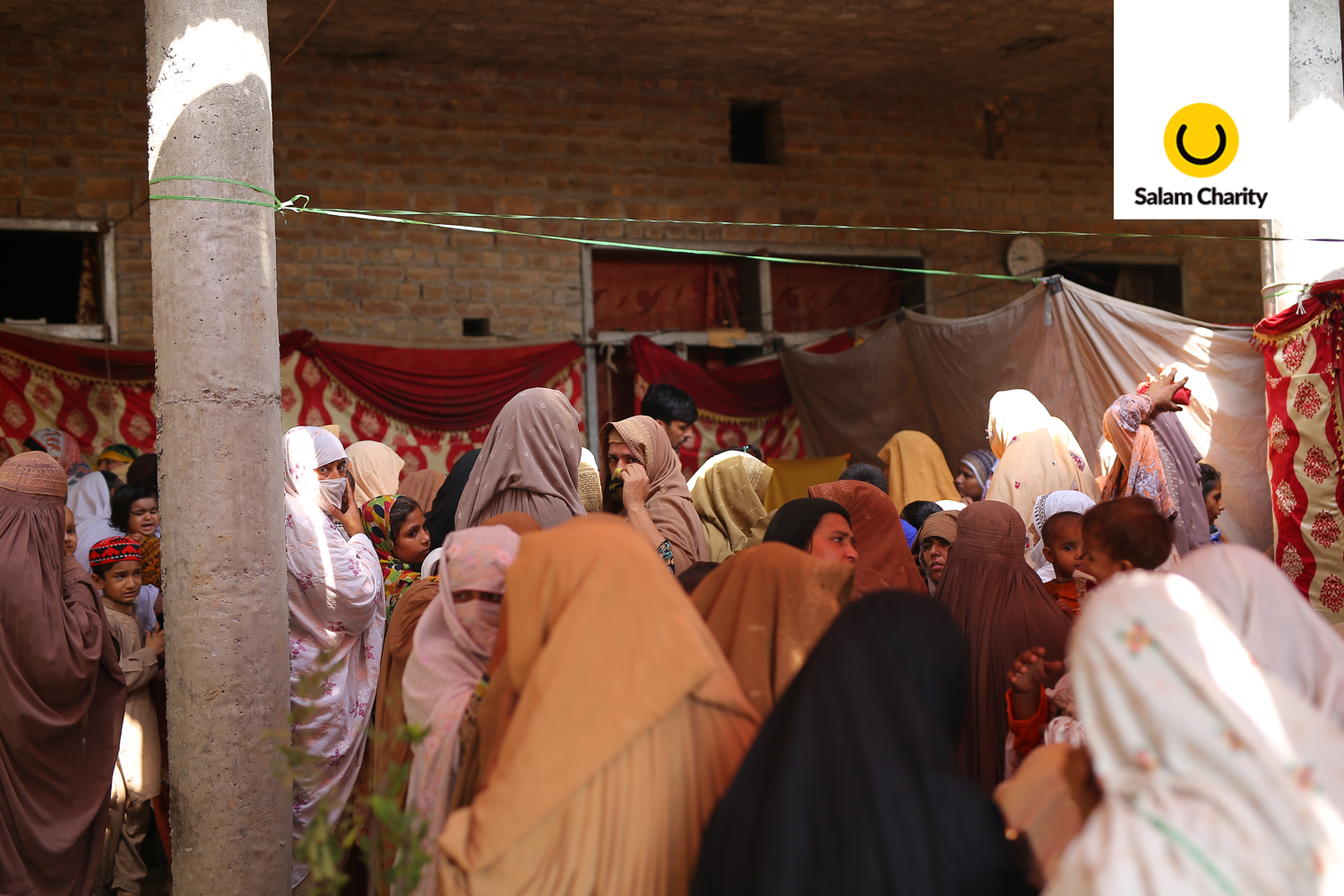

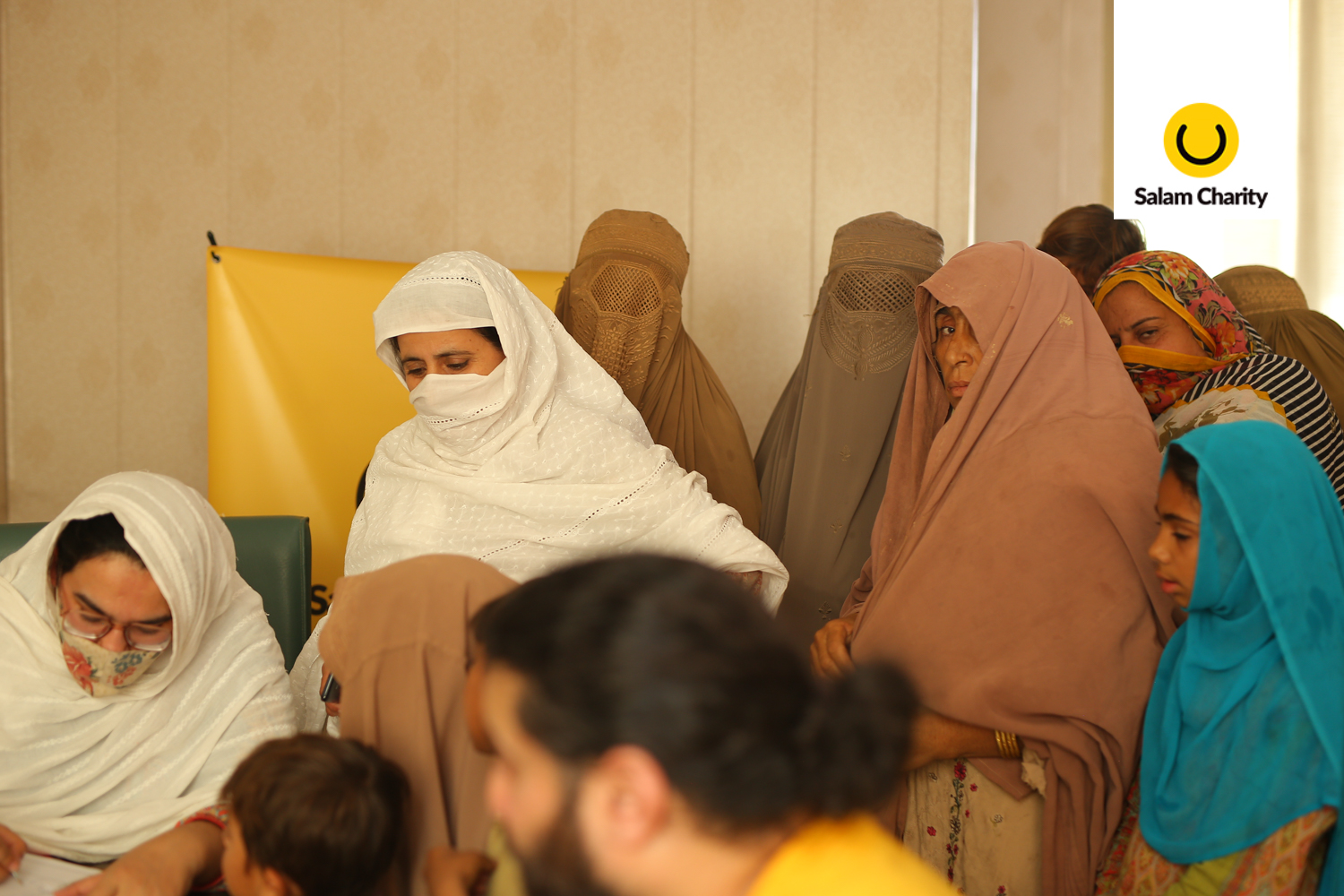

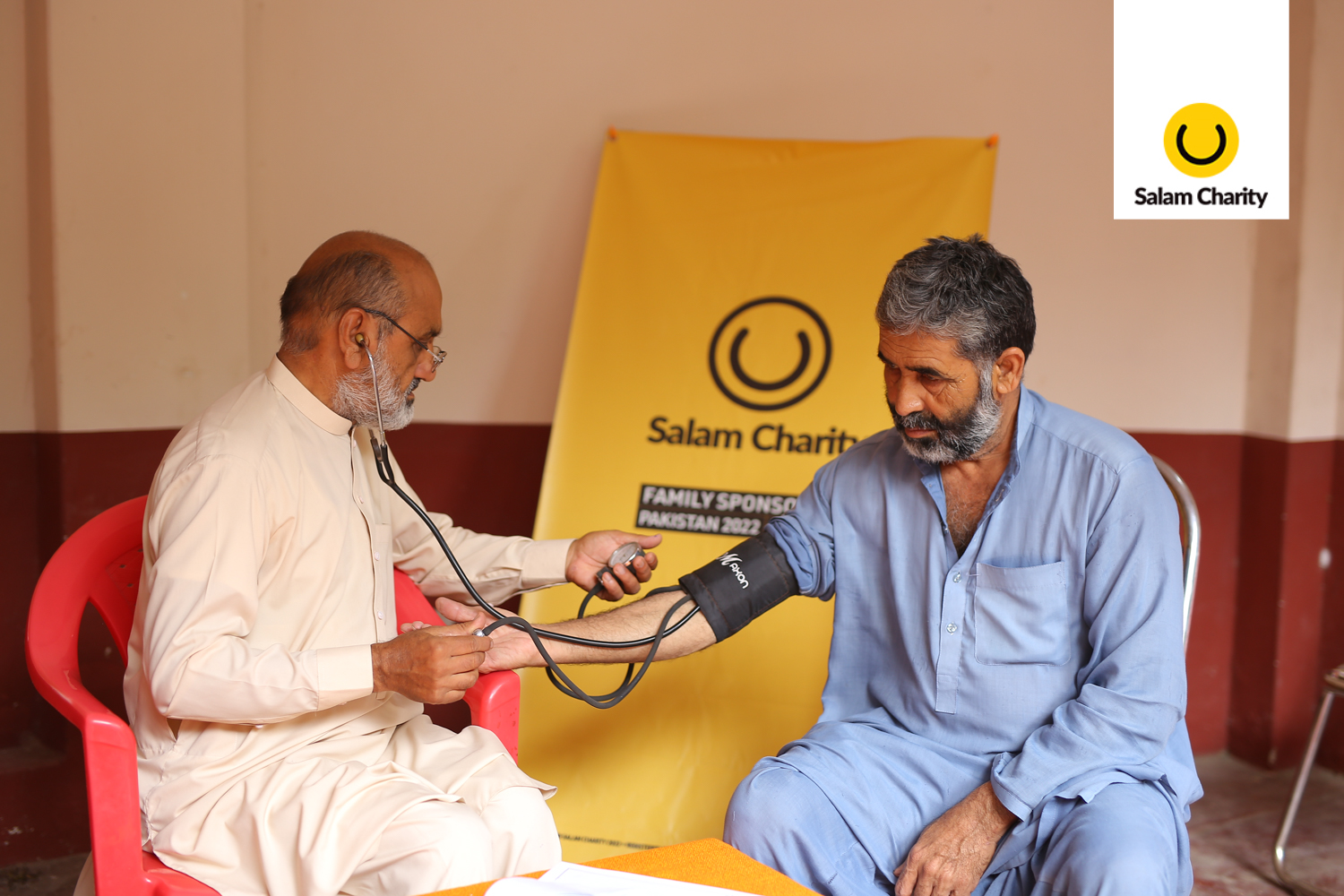
.jpg)
